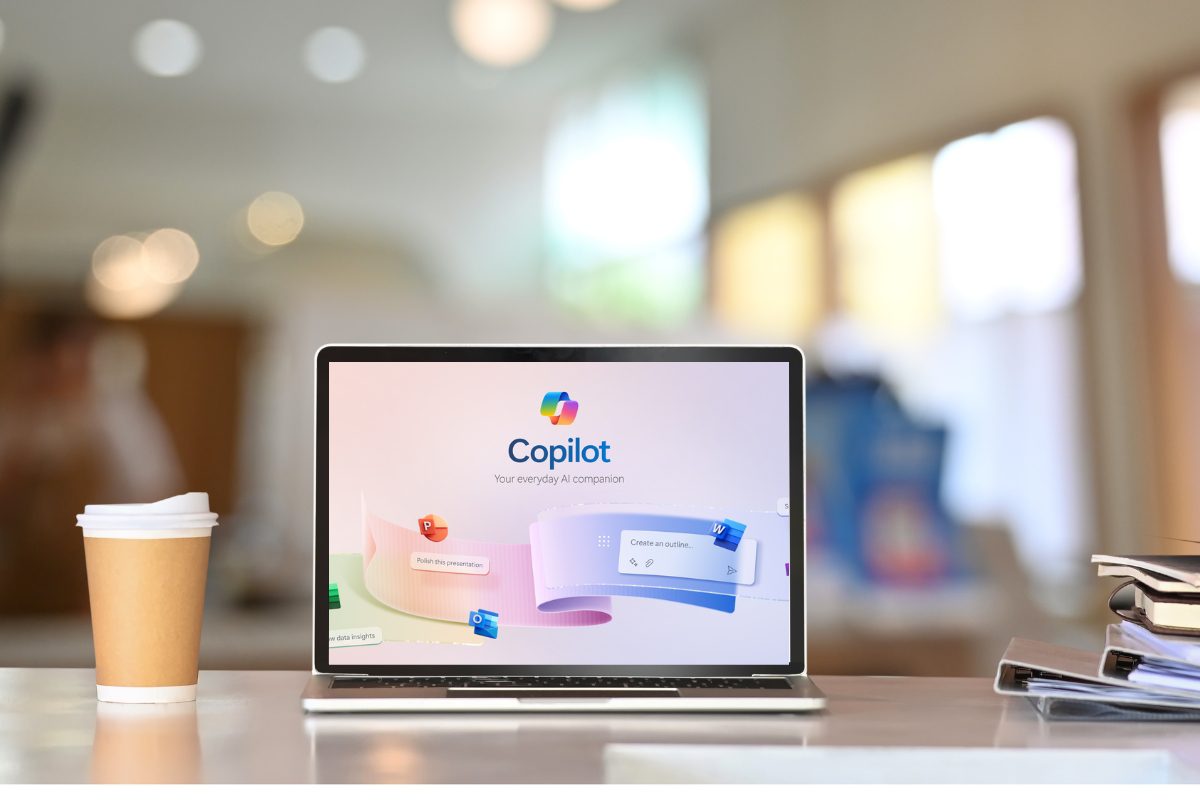A pioneering Colombian judge is transforming the nation’s judicial system through innovative use of Microsoft Copilot technology, marking a significant advancement in the integration of artificial intelligence within legal proceedings. Judge María Victoria Quiñones’ implementation of AI tools is effectively reducing case backlogs and accelerating due process in Colombian courts.
The integration of Microsoft Copilot into judicial operations represents a transformative approach to addressing long-standing challenges in Colombia’s legal system. Judge Quiñones’ initiative focuses on leveraging AI capabilities to streamline court processes while maintaining the integrity of legal proceedings.
Microsoft Copilot’s implementation has demonstrated immediate practical benefits in the courtroom. The AI-powered system assists in real-time transcription during virtual hearings, generates comprehensive meeting summaries, and helps process extensive legal documentation. This technological advancement allows judicial officers to focus more on critical decision-making rather than administrative tasks.
This technology serves as a trusted advisor for legal professionals, providing crucial support in preparing for complex legal discussions. “Judges are constantly overwhelmed, and they need to be able to provide more timely responses. That’s why we are keen to start using AI tools,” says Johanna Pimiento, a Colombian judicial official.
The impact of this technological integration extends beyond mere efficiency gains. Court officials report substantial improvements in case processing times, with automated transcription and document summarization significantly reducing administrative bottlenecks. The system’s ability to generate accurate, real-time records during virtual hearings has proven particularly valuable in maintaining judicial transparency.
Judge Quiñones’ approach carefully balances technological innovation with fundamental legal principles. The implementation ensures that while efficiency increases, essential aspects of judicial independence and due process remain protected. This balance has been crucial in gaining acceptance among legal professionals and maintaining public trust in the judicial system.
The success of this initiative in Colombia has caught the attention of legal systems worldwide. Other jurisdictions are closely monitoring the results, considering similar implementations to address their own judicial efficiency challenges. The project demonstrates how AI can be effectively integrated into traditional legal frameworks while preserving the integrity of judicial processes.
As this technological revolution in Colombia’s justice system continues to evolve, it sets a precedent for the future of legal proceedings globally. The initiative not only addresses immediate operational challenges but also establishes a framework for the responsible integration of AI in judicial systems worldwide.
News Source: Microsoft News









